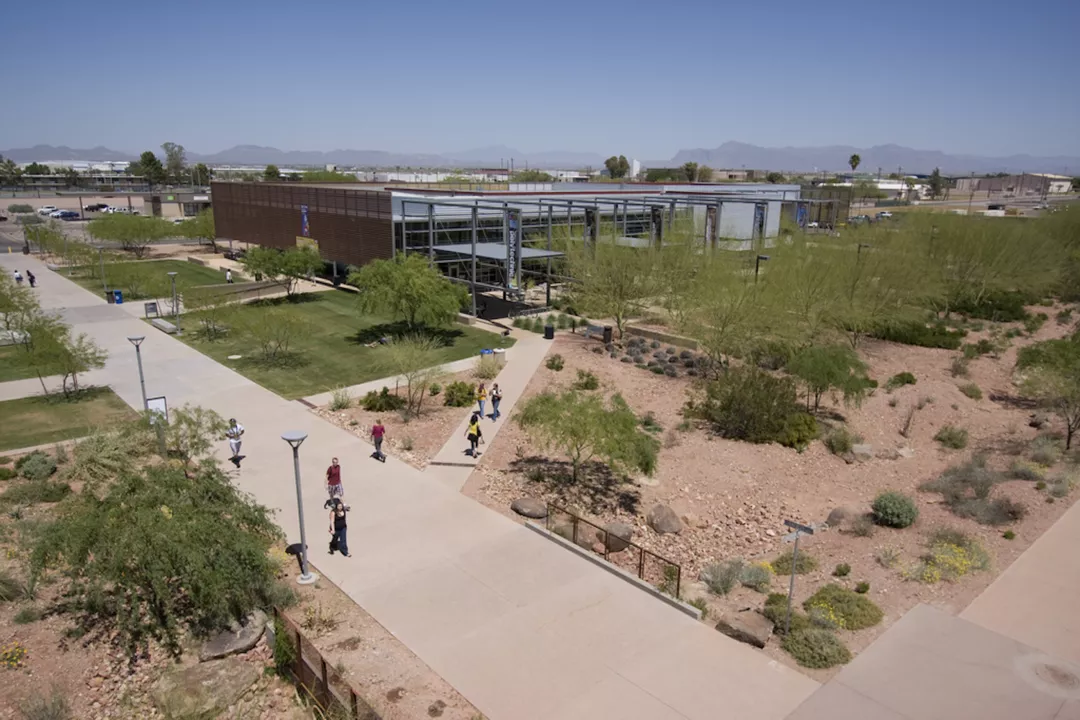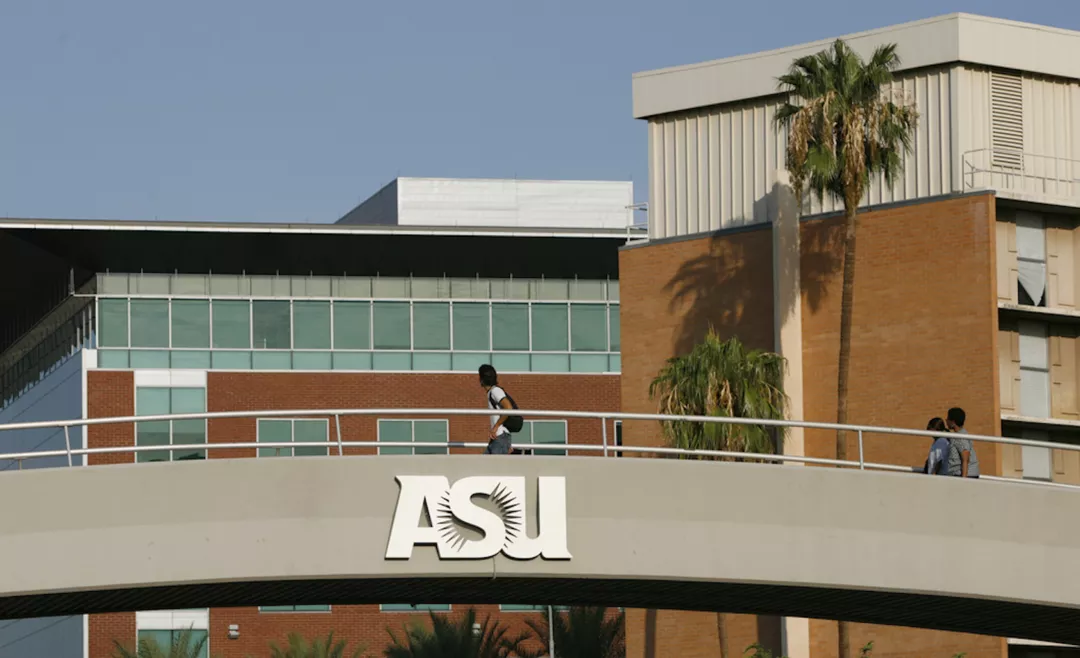-
hello@abroadcube.com
Mail us
-
Call For Help:
98779 83783
-
Whatsapp Us
70090 34921
The MS program in computer science with a concentration in cybersecurity is designed for graduate students who want to pursue a thorough education in the area of cybersecurity and information assurance. This program offers a thesis and nonthesis project portfolio option.
This concentration provides students with the knowledge and skills needed in science and engineering for cybersecurity. This includes computer and network security, software security, data and information security, applied cryptography and computer forensics.
According to the National Security Agency, information assurance is defined as the set of measures intended to protect and defend information and information systems by ensuring their availability, integrity, authentication, confidentiality and nonrepudiation. This includes providing restoration of information systems by incorporating protection, detection and reaction capabilities.
| Level | Masters |
| Discipline | Engineering |
| Duration | 24 months |
| Intakes | Jan, Aug |
| Application Fees | USD 0 |
| Tuition Fees | USD 25200 |
| Campus | Tempe |
| Language proficiency (minimum) | |
| IELTS | 7 |
|---|---|
| TOEFL | 90 |
| PTE | 65 |
| Duolingo | 110 |
| Exam proficiency (minimum) | |
| SAT | Not Required / Waiver |
|---|---|
| ACT | Not Required / Waiver |
| GRE | Not Required / Waiver |
| GMAT | Not Required / Waiver |
Minimum GPA - 78%
QS Quacquarelli Symonds is the world’s leading provider of services, analytics, and insight to the global higher education sector, whose mission is to enable motivated people anywhere in the world to fulfil their potential through educational achievement, international mobility, and career development.
THE (Times Higher Education) has been providing trusted performance data on universities for students and their families, academics, university leaders, governments and industry, since 2004. We create university rankings to assess university performance on the global stage and to provide a resource for readers to understand the different missions and successes of higher education institutions.
The Academic Ranking of World Universities (ARWU) was first published in June 2003 by the Center for World-Class Universities (CWCU), Graduate School of Education (formerly the Institute of Higher Education) of Shanghai Jiao Tong University, China, and updated on an annual basis
The "Webometrics Ranking of World Universities" is an initiative of the Cybermetrics Lab, a research group belonging to the Consejo Superior de Investigaciones Científicas (CSIC), the largest public research body in Spain. CSIC is among the first basic research organizations in Europe. The CSIC consisted in 2006 of 126 centers and institutes distributed throughout Spain.





